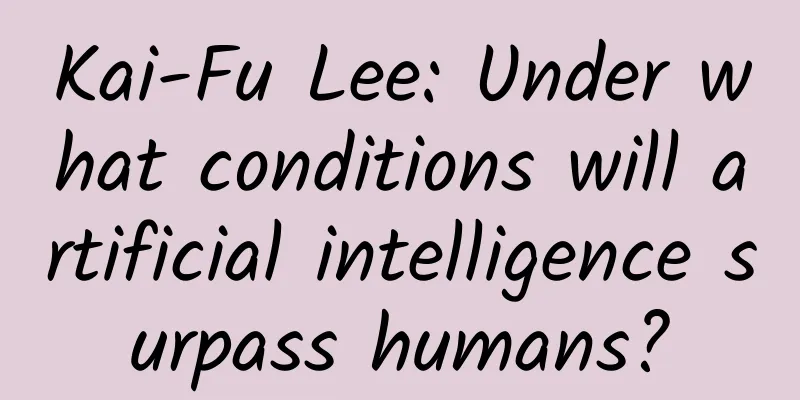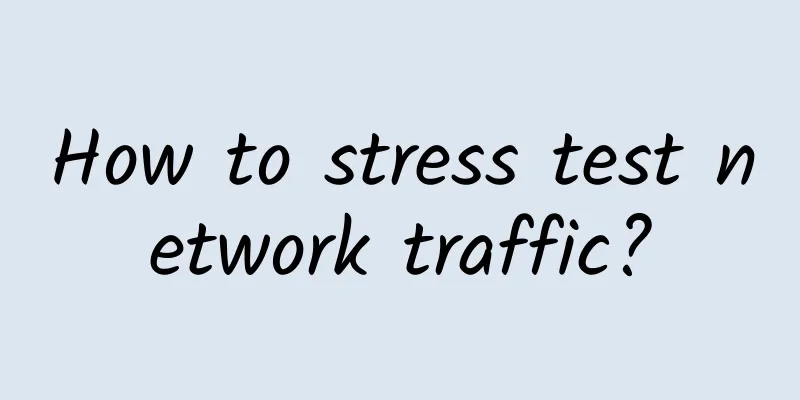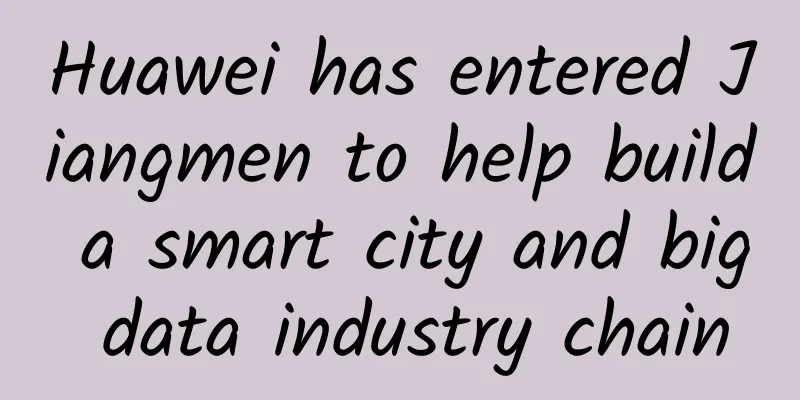|
[51CTO.com original article] In recent years, artificial intelligence technology has been gradually implanted into people's daily life, making people overwhelmed. Looking at the technology field, while we enjoy the convenience of technology, we can't help but have doubts about the future development of artificial intelligence. Since Alpha Go defeated humans, there has been a constant argument that artificial intelligence will surpass humans. Will artificial intelligence surpass humans? Under what conditions will it surpass humans? At the "Zhongguancun Frontier Technology Innovation Competition Double Innovation Week" which just opened on September 19, Mr. Kai-Fu Lee, Chairman and CEO of Sinovation Ventures, brought us such a detailed description and explanation. [[204684]]
Mr. Kai-Fu Lee, Chairman and CEO of Sinovation Ventures
In the past two years, artificial intelligence has become the hottest field. According to PwC's forecast, by 2030, artificial intelligence will create 7 trillion yuan in GDP for China, which means that 20% of GDP will be generated by artificial intelligence. According to Oxford University's forecast, 50% of human work today can be replaced or even surpassed by artificial intelligence in the next decade or so.
Artificial intelligence itself has gone through several ups and downs, such as symbolism, expert systems, statistics, neural networks, etc., until the past five years, with the introduction of deep learning, it has been pushed to a new height. There are many doubts about whether this will be another bubble. Mr. Kai-Fu Lee believes that this wave of artificial intelligence is serious. Because deep learning is a very targeted learning system, when you have a large amount of data in a single field and accurately labeled, robots can make more accurate judgments than humans. This has already happened in many industries such as Go, risk control, customer service, etc., creating huge commercial value. Today, we see that artificial intelligence has surpassed humans in Go, Texas Hold'em, untitled recognition, and speech recognition. It is due to the existence of a large amount of data that allows artificial intelligence to surpass humans.
Today's artificial intelligence is called weak artificial intelligence, which means that it is a system that is trained. Under what conditions can artificial intelligence surpass humans? Five conditions are proposed here: the first is massive data; the second is the need for annotations, such as where is the person in this example, where is the bicycle, whether you win or lose in a Go game, whether the loan link is repaid or not, whether the stock price rises or falls in the stock operation link, this must be very correctly, objectively and naturally labeled; the third is a single field; the fourth part, especially the voice and video fields, requires a lot of computing; the fifth is a platform. Today, artificial intelligence cannot be a platform, so we cannot throw it to a few newly graduated students and ask you to help us add artificial intelligence to my bank, but we need several experts to adjust various network parameters, learning speed, etc. to achieve it. In the future, we hope to reduce the requirement of massive data to a smaller amount of data, so that machines can draw inferences from one example like humans. We hope that we don't need to recruit people to annotate, nor do we need automatic annotation, and can learn automatically without annotation and supervision. We hope to cross fields and understand any sentence in any field like humans.
Mr. Kai-Fu Lee believes that the most important of these five points is platformization. Why are smartphones so popular today? We can do a lot of things on the mobile platform. It's like an ordinary computer science student could program in the past. If AI can allow anyone to program in the future, it will be a platform explosion. Weak artificial intelligence will become more and more powerful, but strong artificial intelligence, the anthropomorphic and human-like performances seen in science fiction movies, will not happen yet.
When talking about the future application of artificial intelligence, Mr. Kai-Fu Lee believes that there will be four waves. In what fields will artificial intelligence be applied? The first wave should be the earliest batch of Internet companies. Because artificial intelligence requires a lot of data, whoever has a lot of automatically labeled data will have a huge advantage. So many people say that BAT is getting stronger and stronger. This is not wrong. Baidu knows who clicks on every trendy advertisement. Meitu knows every photo of your selfie. After beautification, you save or delete it. Every action becomes a natural annotation of its big data. Meitu knows more and more about how girls want to be beautiful, and Taobao knows more and more about what products each user wants to buy, so it can optimize its objective function based on this. Internet companies have taken a huge advantage. Of course, if you find an entry point, such as Toutiao and Kuaishou, they are both AI companies. They all need to accumulate users and data first, and do AI learning in the user's data. You must first achieve quantity before you can achieve AI.
The second area we think is a huge opportunity. We can say that we can create value by activating all data based on business processes. For example, we can help a bank acquire, convert, monetize, and control users, help a credit card or fintech company do risk control to determine whether a loan will be repaid and how risky it is, and help a brokerage firm decide what to buy in its fund and what stocks can bring the best returns in a month or a year. These are financial applications. There are also medical and educational applications. There are too many places in the world where data is stored. This area is about connecting the two with non-Internet data through business processes. Many banks store data and just put it away, collect it, but don’t know that it is their gold mine. So we think this kind of commercial entrepreneurship to activate existing gold mines is a huge opportunity.
The third is that if you don't have data yet, we collect data while creating new applications. Often, a sensor is needed because you are actually digitizing the physical world, uploading the digitized physical world and making it smarter. For example, if an unmanned store knows who comes, what they touch and what they buy, then is this store as smart as Taobao? In the past, only online stores could know users' browsing tracks and purchasing behaviors. Now, when your store is filled with various sensors, your online and offline are connected. New applications can be created from these data, such as smart cities, smart homes, etc. The opportunities are very great.
The fourth is also a game-changer, which is the fully automated process. When we see AI, we often think of jumping directly into the fourth step, that is, the car will drive itself, and the robot will help us cook, stir-fry, wash dishes, etc. This ability is not as fast as imagined, but once it arrives, it will bring a huge disruptive effect. We at Innovation Factory believe that driverless driving will be a very important catalyst, because it can make machines move, touch, feel, and have vision. Some of what cars can do are also what some robots need, so we think that cars will become the third operating system for humans. If the first is Windows, the second is Android and iOS, the third may be the so-called operating system for driverless driving. Of course, it is still far away today, and we don’t even have the necessary technology mature, but this will be a great platform. It will not only bring a wave of driverless driving, but also a wave of robots. For robots, we believe that they can help companies save money and make money in the industrial sector, and then enter the business sector, and finally enter the home.
Artificial intelligence robots "grow up" in the development and cultivation of humans, and even surpass humans in certain vertical fields. This is the progress of technology and the crystallization of human wisdom. As machines get closer and closer to humans, we may face many confusions and problems. Will AI become a helper for humans and promote the progress of social civilization, or will it lead to the bitter fruit of human "degeneration"? This is also a prudent question that deserves people's consideration.
[51CTO original article, please indicate the original author and source as 51CTO.com when reprinting on partner sites] |










